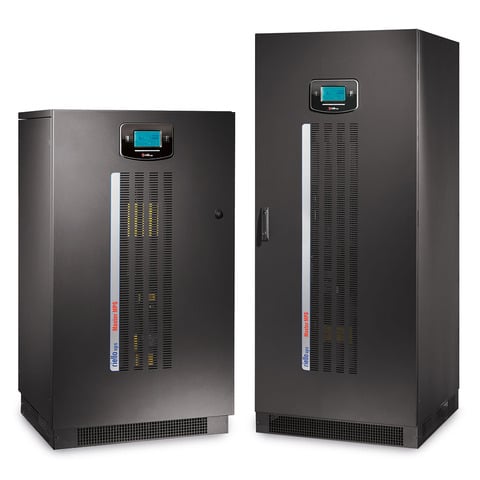When the power goes out, your business doesn’t just lose electricity — it risks losing data, productivity, and even customer trust. That’s where a UPS system comes in.
But what exactly is a UPS system, and why should your business consider one?
What is a UPS System?
UPS stands for Uninterruptible Power Supply. In simple terms, it’s a device that provides emergency backup power when your main electricity supply fails. Unlike a generator, a UPS doesn’t need time to start up — it switches to battery power instantly, keeping your equipment running without interruption.
A UPS system also protects your business against power spikes, surges, and voltage fluctuations, which can quietly damage sensitive equipment over time.
How Does a UPS Work?
A UPS system sits between your mains power supply and your critical equipment (such as servers, computers, or medical devices).
-
Normal operation: Power flows through the UPS, which conditions the electricity and charges the battery.
-
Power outage: The UPS instantly switches to its internal battery, ensuring your devices stay on.
-
Power restored: The UPS switches back to mains supply and recharges its battery.
This happens in fractions of a second — often so quickly that users don’t even notice a power cut has occurred.
Why Your Business Needs a UPS System
Every business, regardless of size, relies on electricity to operate smoothly. Here are the main reasons a UPS is essential:
1. Prevent Data Loss
Unexpected shutdowns can corrupt files, damage databases, and even cause costly downtime. A UPS gives you the time to save work and safely shut down systems.
2. Protect Equipment
Power surges and voltage spikes can shorten the lifespan of expensive IT hardware, machinery, and medical equipment. A UPS acts as a shield against electrical damage.
3. Ensure Business Continuity
From retail tills to hospital monitors, downtime can cost more than just money — it can impact customer confidence, safety, and reputation. A UPS keeps operations running until backup generators or alternative power solutions kick in.
4. Reduce Financial Losses
According to industry studies, downtime costs UK businesses thousands of pounds per hour. A relatively small investment in UPS protection can prevent huge losses.
5. Support Compliance & Safety
In industries such as healthcare, finance, or data processing, uninterrupted power isn’t just useful — it’s often a regulatory requirement.
Different Types of UPS Systems
Not all UPS systems are the same. Businesses typically choose from:
-
Offline/Standby UPS – Cost-effective, best for small offices and individual devices.
-
Line-Interactive UPS – Ideal for small to medium-sized businesses, offering protection against power fluctuations.
-
Online/Double Conversion UPS – The gold standard for data centres, hospitals, and critical environments needing maximum uptime.
Is a UPS System Right for Your Business?
If your business depends on computers, servers, point-of-sale systems, or specialist equipment, the answer is simple: yes. A UPS is a cost-effective insurance policy against the risks of power failure.
At Power Saver, we help businesses across the UK choose, install, and maintain UPS systems that match their needs — whether it’s a small office setup or a large-scale data centre solution.
Next Steps
Want to find the right UPS system for your business?
Contact Power Saver today for expert advice and a tailored solution.

